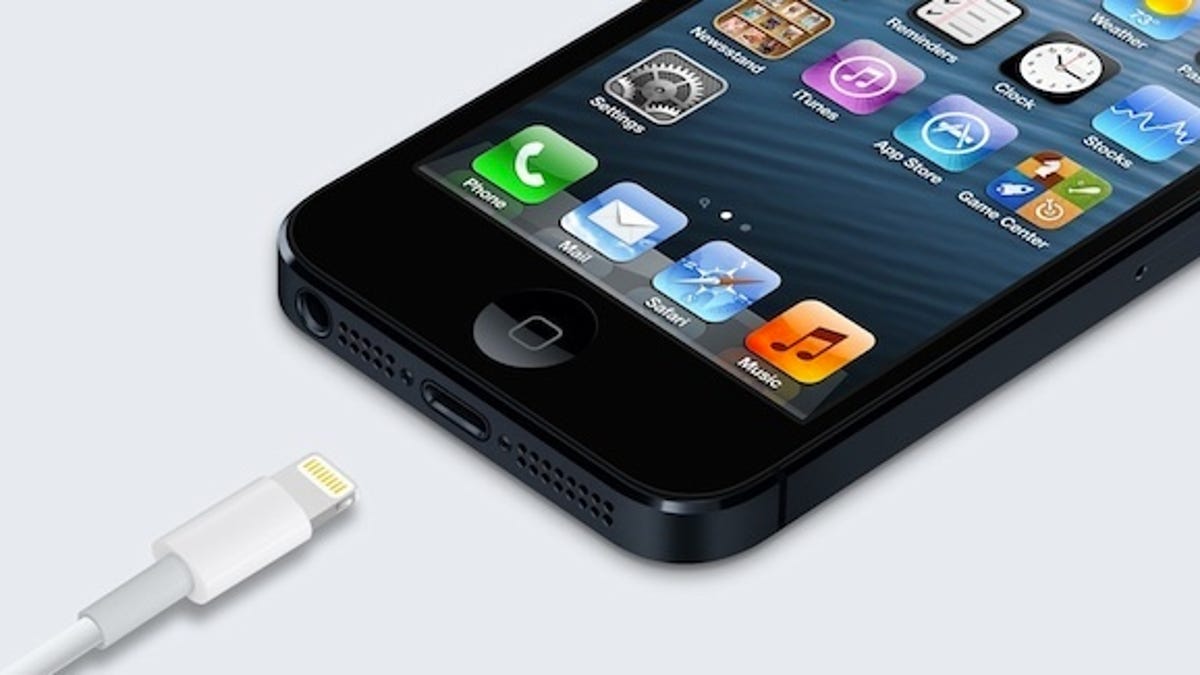Pay no mind to Apple's iPhone 5 order cuts, analyst says
The recent reported decrease in orders through the supply chain are "explainable but not alarming," says J.P. Morgan's Mark Moskowitz.

Worries over Apple's apparent cutting back on parts orders for the iPhone 5 are nothing to worry about, according to J.P. Morgan analyst Mark Moskowitz.
In an investor note today, Moskowitz points out that recent reports have indicated a 20 percent cut in Apple's March-quarter supply chain orders for the iPhone 5. That news has some analysts fretting over Apple's near-term prospects, but Moskowitz believes their fears are overblown.
Though the analyst can't confirm the specific reason for the cut, he believes it might simply have resulted from an improvement in production. Apple may have initially pushed its suppliers to ramp up manufacturing of the new phone, and the downshift in orders may be just an aftereffect. Of course, it's also possible that Moskowitz's interpretation is just wishful thinking.
"[D]ownshifting from 'white hot' order activity does not mean the world is ending," Moskowitz said. In fact, the move could actually prove beneficial for Apple.
"We also think that the supply chain adjustments could imply that manufacturing yields on iPhone 5 have improved, which means Apple's gross margin profile could rebound to 40 percent, which would be a positive," Moskowitz said. That would be in line with Apple's argument that its recent decline in profit margin resulted from the launch of several major products, all requiring substantial startup production investments.
The iPhone 5 order cuts could affect Apple's results for the March quarter. But the company's build plans are always in a state of flux, and it certainly has plenty of time to change those plans further if warranted, Moskowitz opined. As a result, he considers the decline in orders "explainable but not alarming."
While some analysts believe Apple needs some big new products in the coming year, Moskowitz thinks Apple can do just fine with its current lineup, especially the iPhone 5.
We acknowledge the increasing level of competition in the smartphone market, including Samsung, Google, HTC, and Lenovo. Overall, we continue to believe that Apple can deliver a 12-18 month upgrade cycle with the iPhone 5. The new device is not a pocket hog or battery hog, relative to other competitive LTE-capable devices. Further, the iPhone 5's LTE performance separates the device from the iPhone 4S, which means that a meaningful upgrade cycle in the installed base stands to manifest in the coming year.
The analyst currently expects Apple to sell 48 million iPhones this quarter and 45 million in the March quarter.

